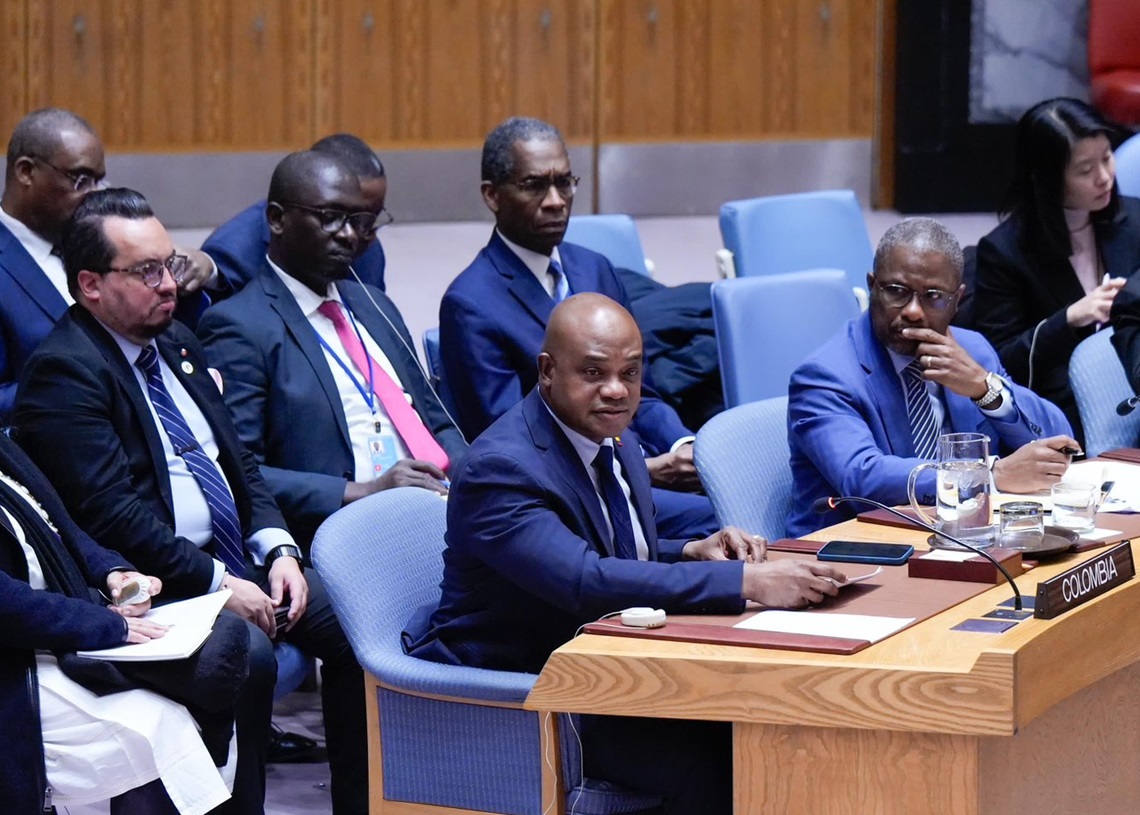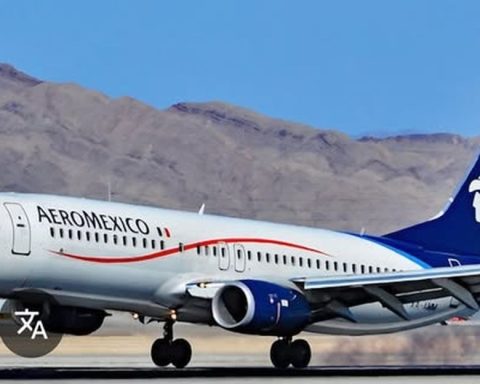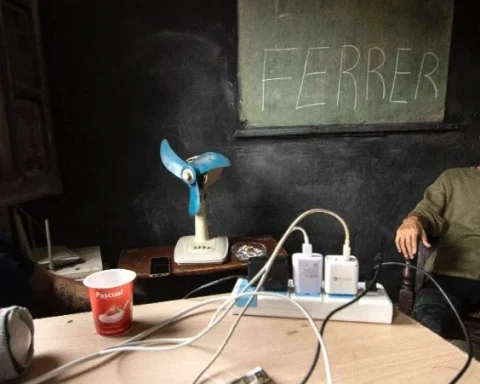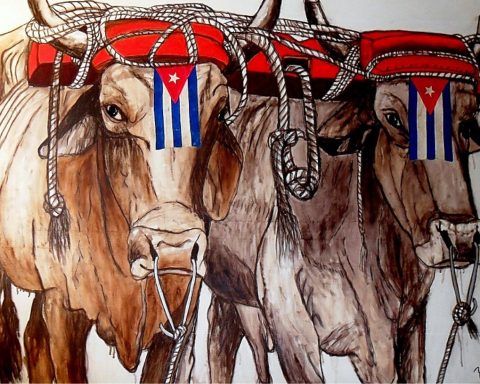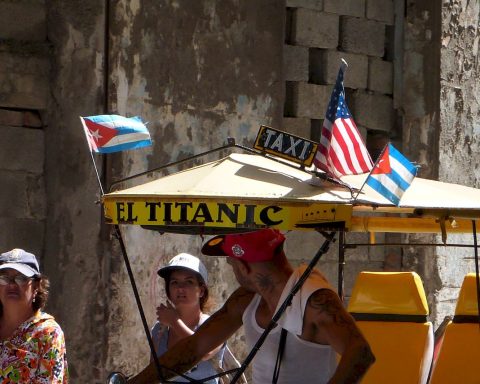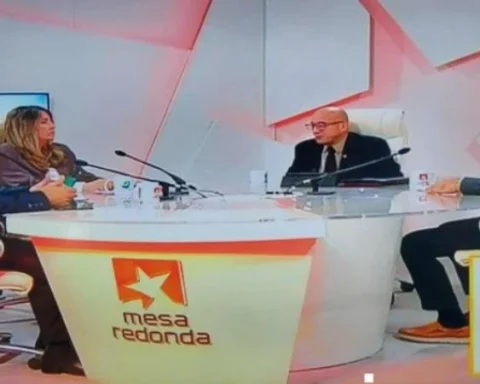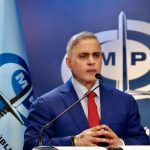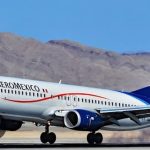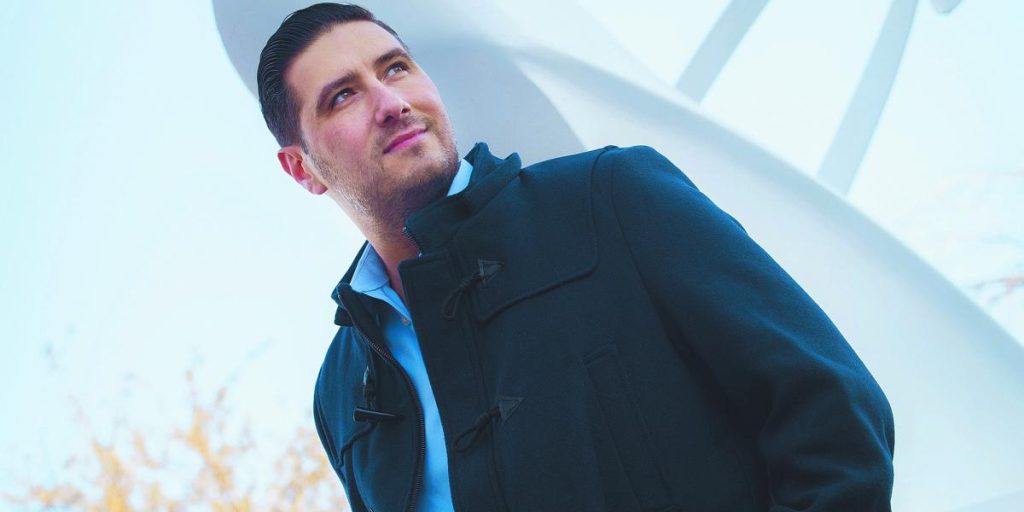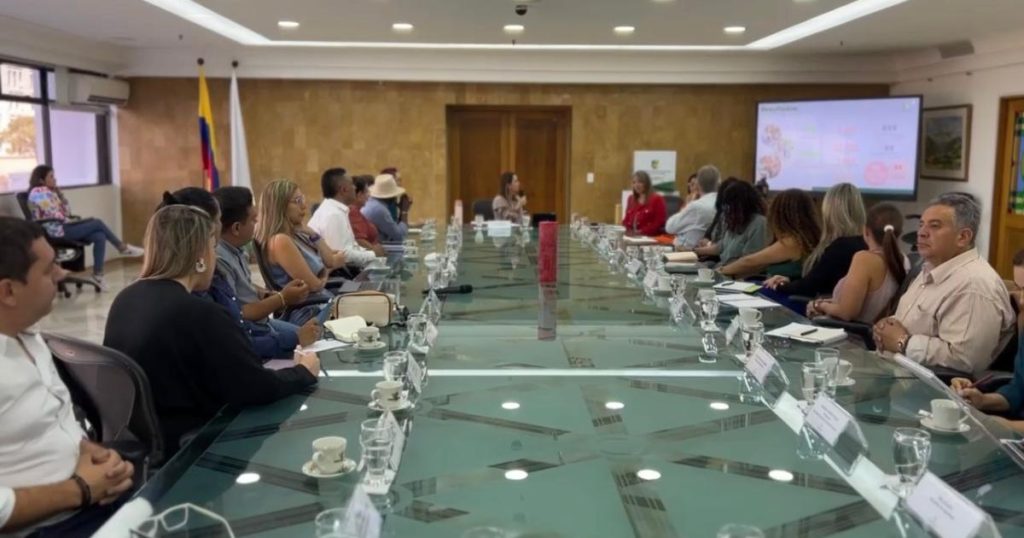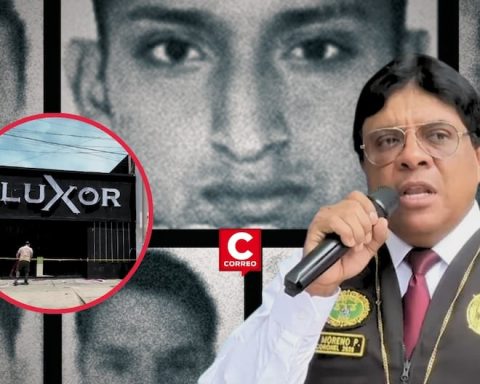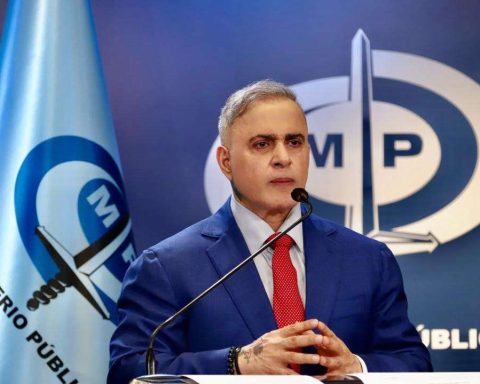The Government of Colombia He asked his counterpart from the United States to revoke Cuba’s return to the list of countries that sponsor terrorism, ordered by President Donald Trump.
The request was made at the UN by the Colombian Foreign Minister, Luis Gilberto Murillo, who described the measure of the new US Administration as “unfair” and “counterproductive.”
Asked by the press about the decision taken by Trump as part of the package of executive orders signed after his return to the White House, Murillo considered it “incorrect” because Colombia’s position in foreign policy is contrary to “unilateral and extraterritorial” measures.
The Colombian diplomat added that “this type of measure is counterproductive” and argued that “it ends up affecting humble people, limits their ability to satisfy their basic needs and generates more poverty and suffering,” says a report from the agency. EFE.
Murillo also explained that the Trump Administration’s decision “responds to a request from Colombia for support for the peace process that was being discussed at that time, and for having accepted that support, they ended up being punished.”
“We ask the US Government to reconsider these types of decisions, and we will continue to advocate for Cuba to be excluded from this list, because it is an unfair measure for that country,” the chancellor added.
Trump returns Cuba to the list of state sponsors of terrorism
The New York magnate revoked, in the first hours of his new mandate, the order of January 14 with which former Democratic President Joe Biden had removed Cuba from the US list of countries that promote terrorism.
Trump’s decision was quickly rejected by Havana, which called it “mockery” and “arrogance,” while governments of other nations and international organizations have also regretted the measure.
Biden removed Cuba from the list, according to his Government, to promote the release of a group of Cuban prisoners as part of a process that was mediated by the Vatican. In fact, that same day Cuba announced that it would release 553 people, although the island’s authorities have separated both events in their statements.
In addition, he had also suspended the ability of Americans to sue in United States courts for the expropriation of their properties in Cuba and had eliminated the black list of restricted Cuban entities—imposed by Trump—with which citizens of their country were prohibited from maintaining some link
Cuba had been included on the list of countries sponsoring terrorism in January 2021, in one of Trump’s last decisions before closing his first term, at the request of then Colombian president Iván Duque. The Republican’s predecessor in the White House, Barack Obama, had removed it after more than three decades in it.
This designation implies the prohibition of arms sales with that country, greater control of its exports, restrictions on foreign aid, greater requirements for visas and the de facto freezing of a large part of Cuba’s international financial transactions.
EFE / OnCuba
